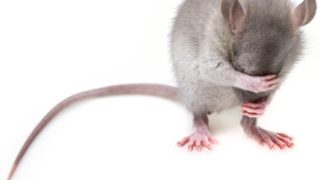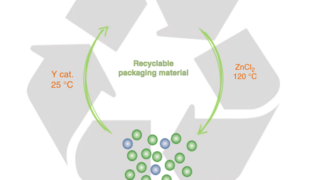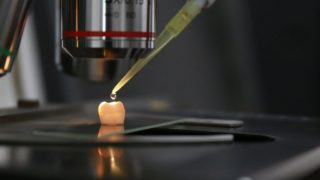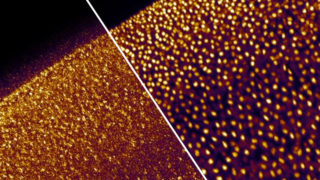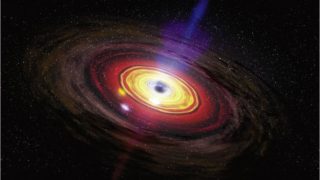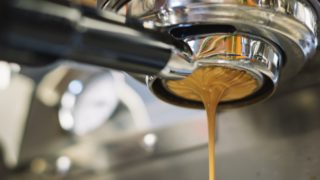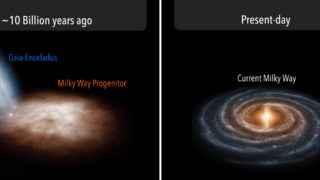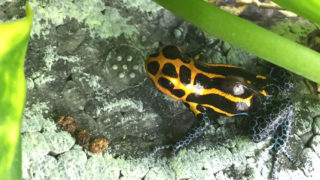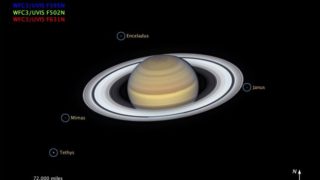
MI weekly selection #343
Hubble snaps stunning photo of Saturn Saturn and its rings shine in an image captured by the Hubble Space Telescope and released by NASA and the European Space Agency on Thursday. The image, taken on June 20, also shows four of Saturn’s moons: Enceladus, Mimas, Janus and Tethys. Space.com Assessing the long reach of microplastics […]
